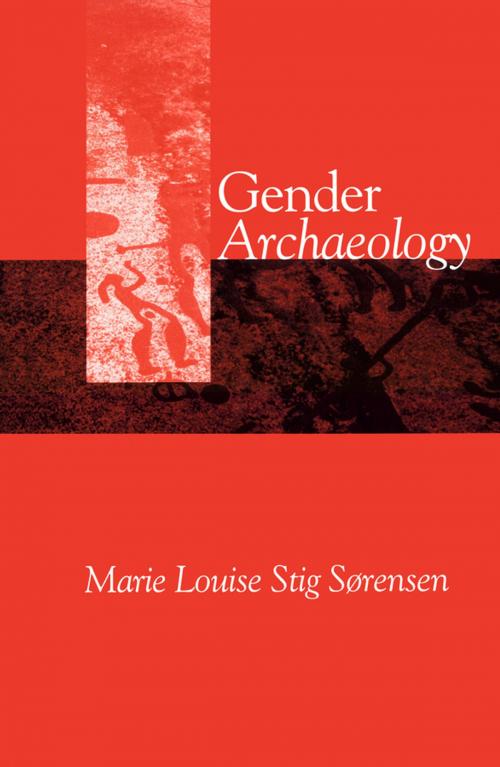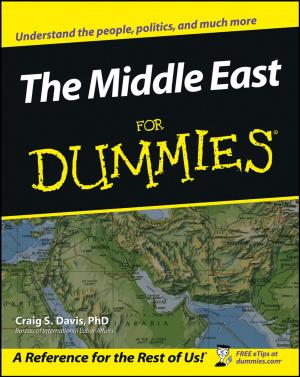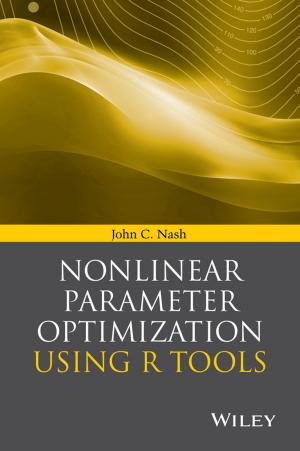| Author: | Marie Louise Stig Sørensen | ISBN: | 9780745668642 |
| Publisher: | Wiley | Publication: | April 24, 2013 |
| Imprint: | Polity | Language: | English |
| Author: | Marie Louise Stig Sørensen |
| ISBN: | 9780745668642 |
| Publisher: | Wiley |
| Publication: | April 24, 2013 |
| Imprint: | Polity |
| Language: | English |
This major new textbook explores the relations between gender and archaeology, providing an innovative and important account of how material culture is used in the construction of gender. Throughout this lively and accessible text, Sorensen engages with the question of how gender is materially constituted, and examines the intersection of social and material concerns from the Palaeolithic Age to the present day.
Part One discusses a range of important general issues, beginning with an overview of the recent role of gender and gender relations in our appropriation of past societies. After introducing the debate about feminist or gender archaeology, Sorensen examines archaeology's concern with the sex/gender distinction, the nature of negotiation, and feminist epistemological claims in relation to archaeology. In Part Two, the author focuses on the materiality of gender, exploring it through case studies ranging from prehistory to contemporary society. Food, dress, space and contact are examined in turn, to show how they express and negotiate gender roles.
This illustrated textbook will be essential reading for students and scholars in archaeology, anthropology, material culture studies and women's studies.
This major new textbook explores the relations between gender and archaeology, providing an innovative and important account of how material culture is used in the construction of gender. Throughout this lively and accessible text, Sorensen engages with the question of how gender is materially constituted, and examines the intersection of social and material concerns from the Palaeolithic Age to the present day.
Part One discusses a range of important general issues, beginning with an overview of the recent role of gender and gender relations in our appropriation of past societies. After introducing the debate about feminist or gender archaeology, Sorensen examines archaeology's concern with the sex/gender distinction, the nature of negotiation, and feminist epistemological claims in relation to archaeology. In Part Two, the author focuses on the materiality of gender, exploring it through case studies ranging from prehistory to contemporary society. Food, dress, space and contact are examined in turn, to show how they express and negotiate gender roles.
This illustrated textbook will be essential reading for students and scholars in archaeology, anthropology, material culture studies and women's studies.















